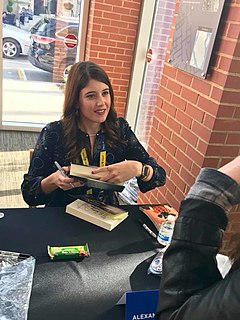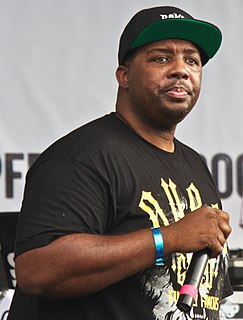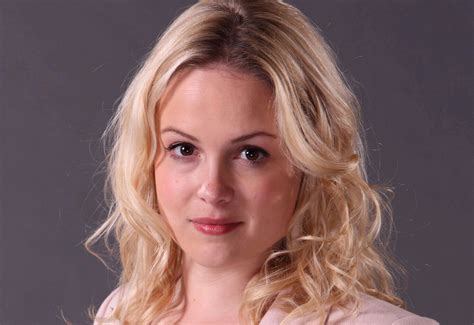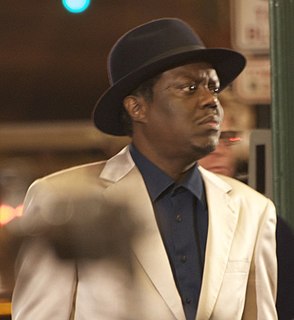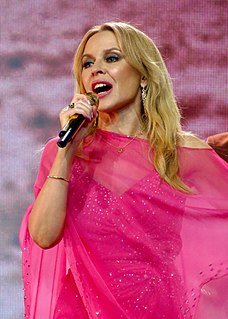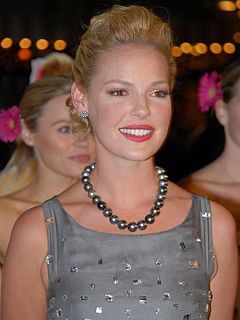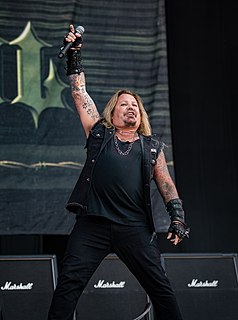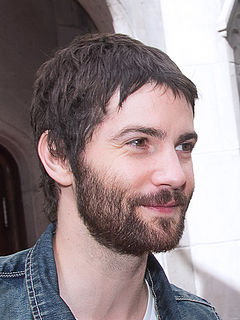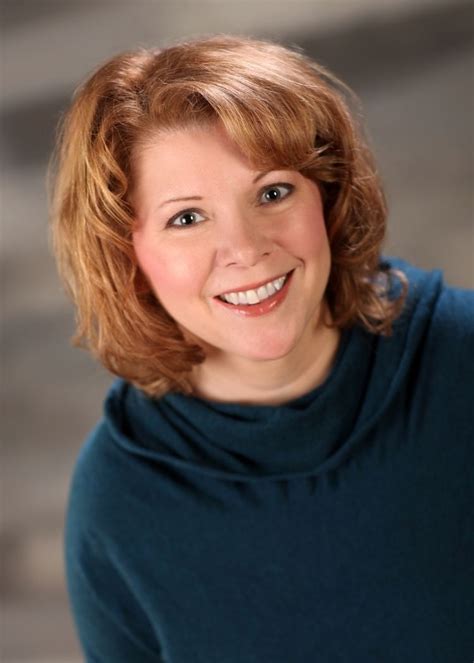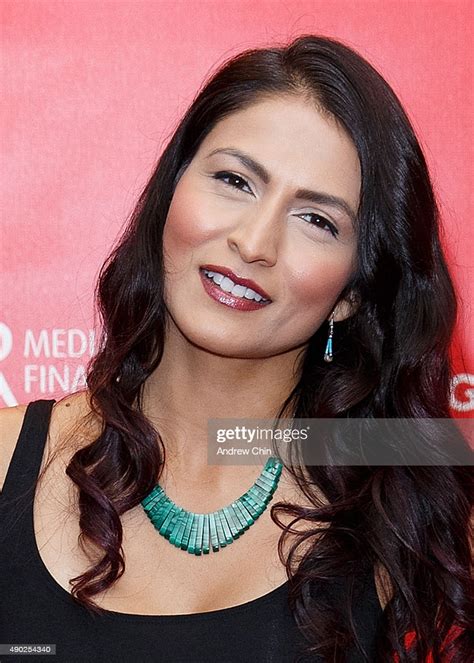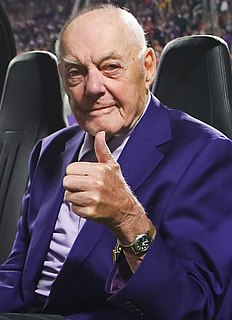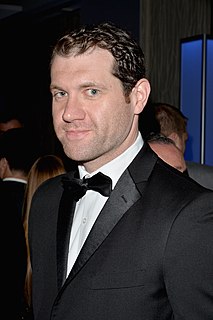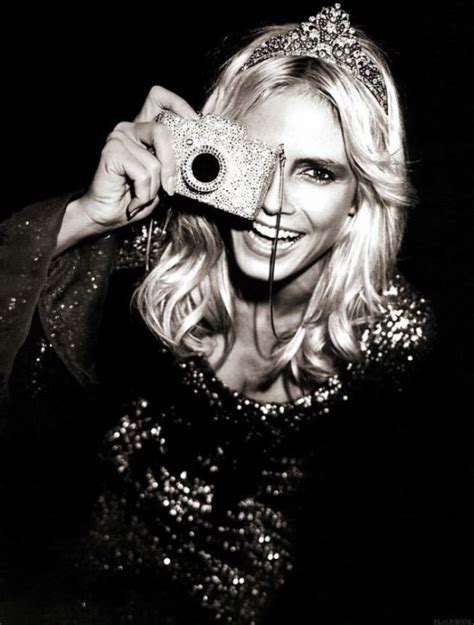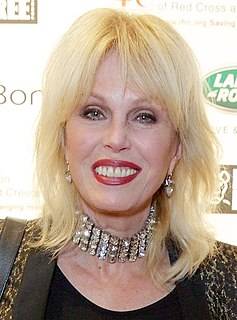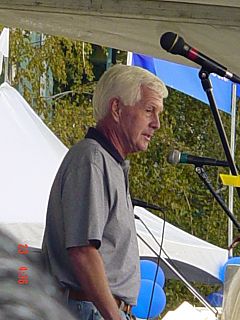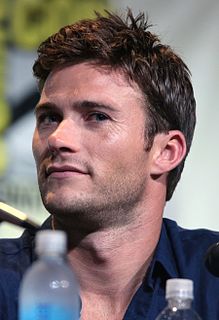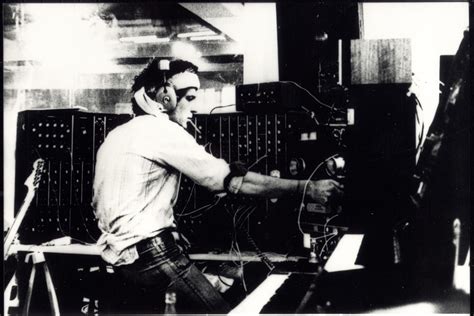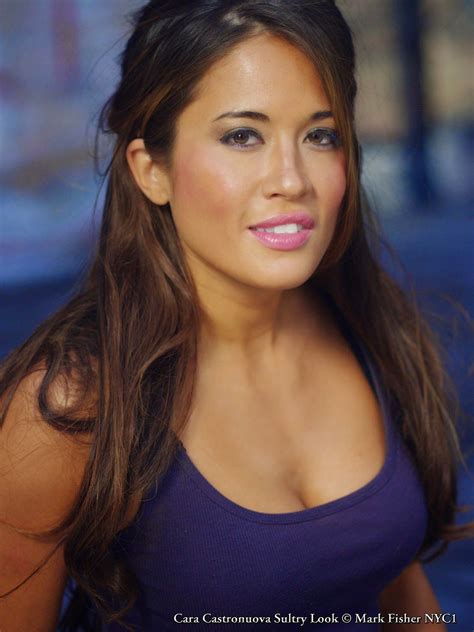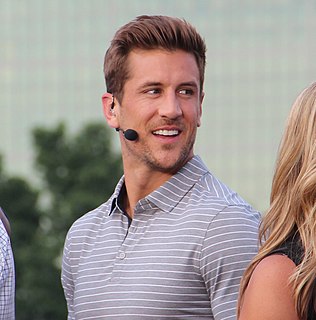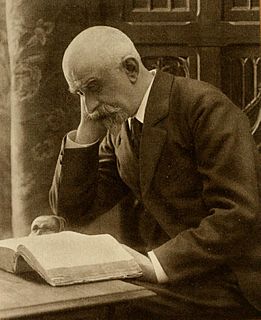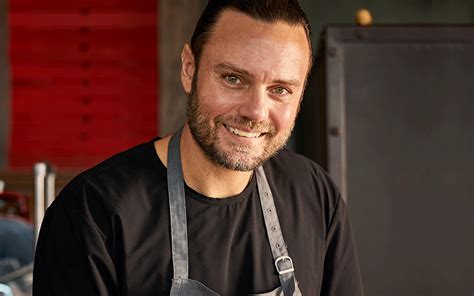Top 1200 Had Quotes & Sayings - Page 20
Explore popular Had quotes.
Last updated on April 21, 2025.
The reason why I'm popular as an artist in this country is because it suits the psyche of the nation at this time. Ten years ago, my work wouldn't have had any currency, any popularity at all. Before in this country, you had to be accepted. You had to be part of the group. Now it's probably more trendy to have a problem.
Looking back on it now, I understand why that was not possible [to express ourselves], because the pottery employed a dozen people, not all of whom are making pots. And these people had families, children, and they had to have a wage that would allow them to raise their family and they had to get a paycheck every Friday afternoon. So if we had not made pots that would sell it, would not have been possible for these people to be employed.
I am from a woman's family. My great-grandmother had three daughters and a son. My grandmother had two daughters, and my mother had two daughters. My sister had a daughter and then finally a son. You should have seen my father with the son. He could not believe that finally there was a boy in the family.
I certainly wished I hadn't stressed quite as much or had such insecurity at times. I wish I had trusted my instincts on some occasions when I didn't and I wish I had listened to better advice when I didn't. But overall, I have to look at the glass as half full and acknowledge that I am all of the moments of my life, the good and the not so good.
The reality is that the founding fathers were land speculators. The fact was that you couldn't vote in this country if you did not own land, and that was basically you had to be a white man who owned land. Now how did they get that land? They basically had to steal it from someone, and that would be probably the Indians. And so most of the initial founding fathers were, while they may have had some really nice ideas about democracy, they had a lot of issues with people of color. They had a lot of issues with people who held things that they coveted.
I appreciate the Surreal Life. I had a really positive experience on that show, and with those people. I found some love in my heart for religion again, and had the support of a new family of friends. I wouldnt have had the pleasure of meeting those people, if we were not all placed in that fishbowl.
[on River Phoenix] I would love to see what kind of choices he would be making now if he was still around, some of the characters that he would have played. I mean, to me he was like a rock star, you know, he had it all: he had the looks, he had a great name, he had an attitude, an energy, an excitement about him. He was instinctively like a, he was a rebel, you know? He was kind of Bob Dylan to me, at times, and he had a lot to say. And I've never seen too many interviews by him, but the ones that I saw were pretty electric, pretty... he was switched on, definitely.
he first make-up crew had three test runs, so by the time we were shooting, they got it down to three hours. They switched make-up crews for Eclipse and they never had any test runs, and they had to figure out what the other team had done, so the first day, I was in the chair for eight hours. But, they adjusted the scar from New Moon to Eclipse. The first time, there was more pullage on my face, so I had a hard time eating. It didn't hurt, but it was uncomfortable.
How did it happen that now he could see everything so clearly. Something had given him leave to live in the present. Not once in his entire life had he come to rest in the quiet center of himself but had forever cast himself from some dark past he could not remember to a future that did not exist. Not once had he been present for his life. So his life had passed like a dream. Is it possible for people to miss their lives the way one can miss a plane?
As for me: I loyally remained right where I was, remembering the very first I had ever seen the boy and then just now, the very last time-and all the times in between. The deep aching grief I knew I would feel would come soon enough, but at that moment mostly what I felt was peace, secure in the knowledge that by living my life the way I had, everything had come down to this moment. I had fulfilled my purpose.
'Our parents' generation had it a lot tougher than we did. They had to live through the Depression, World War II, and then they had to, you know, try to pick up the pieces of their lives and bring up their children. And, it was a great example for us. I guess we grew up with a certain amount of the ethics our parents had, which is, you know: work hard, make your own way, be independent.
He had tenderness in his heart — ‘a soft place,’ as Nicholas Higgins called it; but he had some pride in concealing it; he kept it very sacred and safe, and was jealous of every circumstance that tried to gain admission. But if he dreaded exposure of his tenderness, he was equally desirous that all men should recognize his justice; and he felt that he had been unjust, in giving so scornful a hearing to anyone who had waited, with humble patience, for five hours, to speak to him.
I always had to fight. I still do, believe it or not. When I had to go backstage. Even in Paris, I remember Billie Blair - a great model at the time - had to sneak me in by telling people I was her hairdresser. But her hair was so short, practically shaved. I said, "Couldn't you say I was your makeup artist?"
God sent Jesus to join the human experience, which means to make a lot of mistakes. Jesus didn't arrive here knowing how to walk. He had fingers and toes, confusion, sexual feelings, crazy human internal processes. He had the same prejudices as the rest of his tribe: he had to learn that the Canaanite woman was a person. He had to suffer the hardships and tedium and setbacks of being a regular person. If he hadn't the incarnation would mean nothing.
I took my coffee into the dining room and settled down with the morning paper. A woman in New York had had twins in a taxi. A woman in Ohio had just had her seventeenth child. A twelve-year-old girl in Mexico had given birth to a thirteen-pound boy. The lead article on the woman's page was about how to adjust the older child to the new baby. I finally found an account of an axe murder on page seventeen, and held my coffee cup up to my face to see if the steam might revive me.
I had three weeks of prep on 'Wolfman,' a ridiculously inadequate amount of time to try to bring together the fractured and scattered pieces of the production. I had taken the job mostly because I had a cash flow problem, the only time in my career I've ever let finances enter into the decision process.
She disapproved, but part of her seemed secretly to sympathize with the sickness. It was like she thought everybody had it, and the best you could do was to cover it up, and sometimes it would just come boiling out anyway. Then you had to point at it and condemn it, even though you knew you had it too.
We knew we wanted the 'magic' in our show to be different than the typical wand-wielding spell-casting fare. For us, it had to be natural and physical, with a source and rules and limitations - and most importantly it had to be a skill rather than just a power, something that a practitioner had to learn and strive for.
I felt I had nothing more to say. Everything would have had to be a replay of the previous two or three albums, and that decided me to stop. What bothered me most was not playing guitar at all anymore. I felt I had no more contact with the instrument. It was just a piece of wood to me. I even thought music had definitely left me. After fourteen albums, there may be an overload phase, a sort of lassitude.
To be honest, I've always had far too much freedom. I had a job when I was 10. I started living on my own when I was 17 or 18. I've earned my own money; I've traveled the world. What would I rebel against? I've had so much freedom, sometimes it was hard. My parents wanted to protect me, but they had no idea how to. I had to learn as I went and make my own mistakes. I went from being totally unknown and never acting professionally to being in a major movie and being very famous. It all happened so quickly, I didn't have any time to work things out. It's been pretty scary at times.
Before her marriage she had thought that she had love within her grasp; but since the happiness which she had expected this love to bring her hadn’t come, she supposed she must have been mistaken. And Emma tried to imagine just what was meant, in life, by the words “bliss,” “passion,” and “rapture” - words that had seemed so beautiful to her in books.
(Baudelaire) had descended to the bottom of the inexhaustible mine, had picked his way along abandoned or unexplored galleries, and had finally reached those districts of the soul where the monstrous vegetations of the sick mind flourish. There, near the breeding ground of intellectuals aberrations and disease of the mind - the mysterious tetanus, the burning fever of lust, the thyphoids and yellow fevers of crime – he had found, hatching in the dismal forcing-house of ennui, the frightening climacteric of thoughts and emotions.
The moments that you share with a person do not stop when that person is not in your life anymore. The relationship that I had with my father did not stop when he passed away. An example is me doing the Pacific swim. If I didn't have the father that I had I wouldn't be doing this. We had a close connection in life, and I still carry that connection in following my dream. This is because of my parents, the closeness that we had and what we share together.
We had an airplane, a Beechcraft Baron, that we - I had since 1981. And Annie [Glenn] and I both of had to have knee replacements unfortunately over the past year, and it made it more difficult to climb up on the airplane. We weren't using it that much so we did - it hurt a lot but I finally sold the airplane.
She had wandered, without rule or guidance, into a moral wilderness... Her intellect and heart had their home, as it were, in desert places, where she roamed as freely as the wild Indian in his woods... The scarlet letter was her passport into regions where other women dared not tread. Shame, Despair, Solitude! These had been her teachers—stern and wild ones—and they had made her strong, but taught her much amiss.
For someone who has been so important to my career, I have had absolutely no interaction with O.J. Simpson one-on-one in my whole life. I've tried many times. I have written him in prison, I've had other contact ... but he never responded, so I have never had a conversation with O.J. Simpson, never met the guy.

